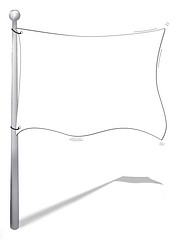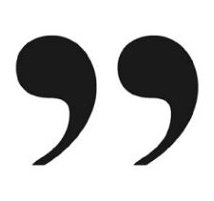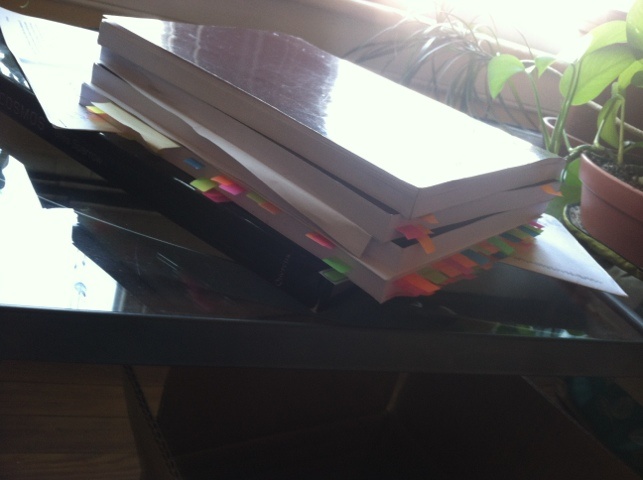It’s half-past the first of July already. I should probably post an update on my resolutions for 2012. For those who are just tuning in, feel free to tune right back out again. I post progress (or lack thereof) on my New Years goals every month. It’s something I do to hold myself accountable, but I don’t expect anyone to actually read this.
If you don’t want to read on, I understand. In fact, here’s an awesome Beauty and the Beast parody to distract you. You’re welcome.
And now for the sad, sad facts:
Although I made significant progress on several projects this month (and last month) none of those projects were part of my New Years Resolutions. The big project that I’m working on wasn’t even a glimmer in my eye back in January. I say this so that folks will realize that I haven’t been sitting around twiddling my thumbs. I’ve just been diverted from my January goals.
Finish the second draft of my novel by April (September.) This may get pushed back even further than September. I am currently in the middle of another project that needs to be finished posthaste, so until that’s done, my novel will have to sit by and look on.
Get it sent to agents before summer. How ’bout before Christmas? Next summer? Before I turn 40?
Send out at least three short stories. I’ve been looking at markets for a few items, but I haven’t sent anything yet.
Read one two novels a month in 2012. I’ve been reading Swamplandia! by Karen Russell. Slowly. I should have stuck to my original goal here, but I got cocky back in March when I was cruising through four books a month.
Make at least $20 off a piece of fiction. Done in March. I get my first royalties this month, so I’ll see how much I really have made. Maybe I didn’t actually make more than $20.
Other goals: I also set to work on two of my big conflicts this year: My feelings about my faith and my issues with anxiety.
I am happy to announce that I made some real progress on the faith issue. I had to be really honest with myself, and that wasn’t easy, but I think I finally have a handle on my beliefs. I’m not going to write about that now. First I’m going to wait to see if my self-discovery is the real deal, then I will write an essay. I will say this: though I may have resolved my feelings about faith and God, I have not resolved my feelings about the church itself. I think that’s a separate issue.
As for anxiety, I’m still practicing the techniques I learned in the beginning of the year: mindfulness and taking action. I’ve also been thinking about the nature of fear. I haven’t made any other progress, but I have averted panic attacks so far, and that’s something.






